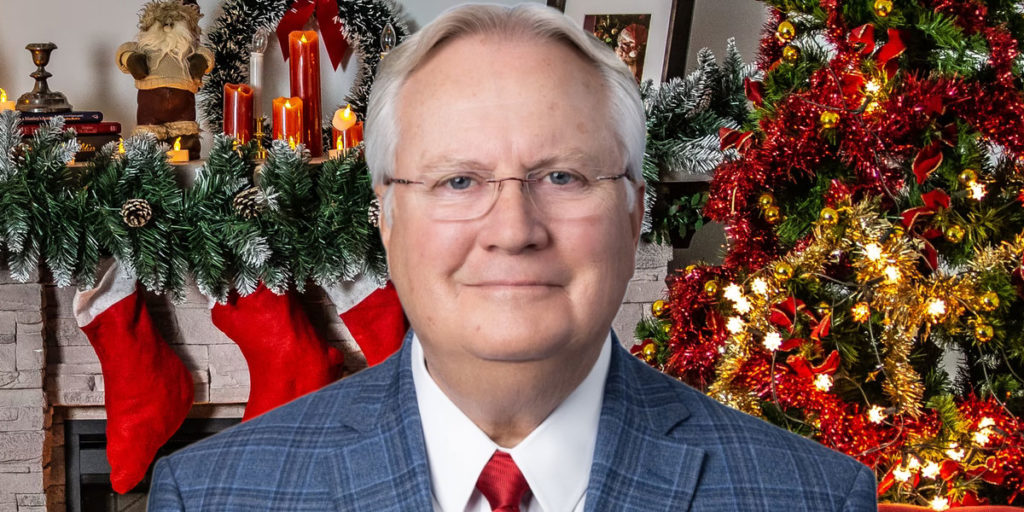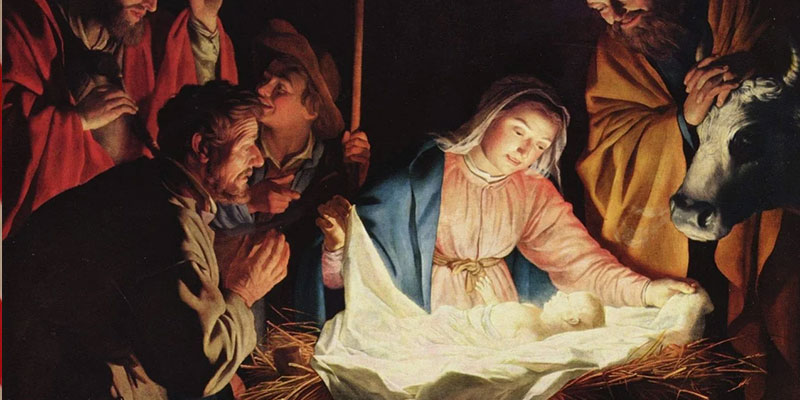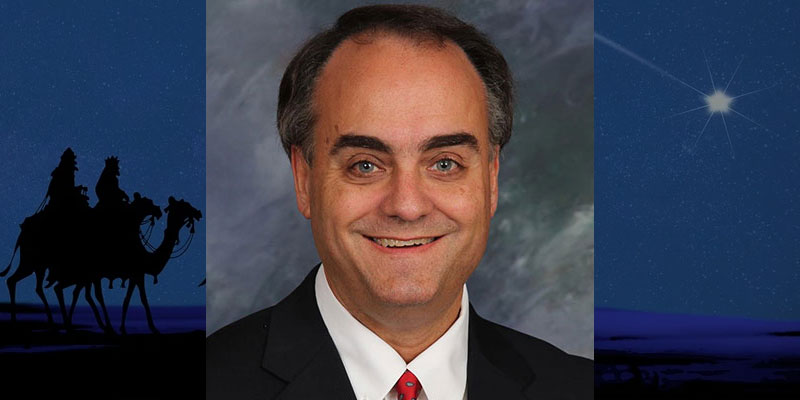At the Birmingham Museum of Art, in the back and around a corner, is a painting that few care to look at for too long. It’s small, roughly the size of a piece of printer paper. The background is a golden sunset, rolling hills and tall lanky trees that, every time I look at it, make me think of Italy.
In the foreground of the painting is a church, and on the steps of that church is a man, alone and with his head in his hands. Weeping, presumably.
The title of the painting? The End of a Misspent Life.
Every time I go to the museum, I look at this painting for a few minutes. I think about this man who, in my imagination, is mourning both the life of a loved one and his own ill-used life. A man who realized too late that how he had lived was, in the end, a waste.
There is one thought that runs through my mind every time I look at that painting.
I do not want to be that guy.
Sometimes becoming “that guy” seems inevitable. No matter who you are, it feels like there is always a lot to do just to stay above water ourselves. How are we supposed to make sure our lives aren’t “misspent?”
Christmas offers a way.
Christmas marks the birth of Jesus, the incarnation of the God of the universe in human form. It’s the first chapter of the New Testament story (a true story!) in which God dwells among us (Emmanuel), performs signs and wonders testifying to Himself and, ultimately, dies in our place, taking the punishment for all that we have and would ever do wrong (Isaiah 53:5).
If you take a moment to think about it, to really sit in it, this story feels insane. A being that is omnipresent and omnipotent (all-powerful) emptied himself and became human (Philippians 2:7)? All to die for you and for me (John 3:16)?
It may seem insane. But it’s true. And for all those who hear and believe, there is a promise of eternal life and everlasting joy. No more pain. No more COVID-19.
The problem is that not all have heard. And many who have heard do not believe.
In fact, there are over 3 billion people living today who have little to no access to the Gospel and, if we are to believe Jesus in the Gospel accounts, are headed toward an eternity without God.
In this somber reality, it is Jesus’ command at the end of his earthly ministry that offers Christians a clear and obvious way to ensure that our lives are well spent.
“Go therefore and make disciples of all nations, baptizing them in the name of the Father, the Son, and the Holy Spirit, teaching them to observe all that I have commanded you, and behold, I am with you always, to the end of the age.”
This may not seem like an overwhelmingly fulfilling command or a way to make the most of every day. Talking to strangers and trying to convince them to arrive at your point of view indeed is often a frustrating experience.
What’s different about this command from Jesus is that, unlike when I am trying to convince an Alabama fan to cheer for the Vols, God’s got this thing rigged. We know that he is already working in the hearts of people across the world, making their ears receptive to the Christmas story (Romans 8:29-30). Our job is to simply be God’s mouthpiece.
Practically, we can do a few things to make sure our lives are not misspent. First, we can physically go to places where the truth is not known and be the ones to bring it. “How beautiful are the feet of those who preach the Gospel!” (Romans 10:15). There are places in the world where the news of Jesus has literally never been heard. Much like the release strategy of the COVID-19 vaccine, those places where there is no chance to hear the gospel must be our first priority.
Second, we can be enablers of the global spread of the Gospel and workers of the mission in our home towns. We can leverage our finances in seemingly-unsound ways to launch fellow believers into the mission field with the good news while loving and sharing the truth to our non-believing neighbors at the same time.
This Christmas, I hope Christians in Alabama see the holiday for what it is: A reminder of God’s gift to us and of our responsibility to share that gift with others. And with that responsibility, a purpose. A way to live a life well-spent.
At the end of my life, I know that if I spend my resources and time toward the spread of the Gospel, I won’t look back and weep over how I should’ve lived differently.
Instead, I have a chance for a legacy that lasts for eternity. So do you. If we will just listen and obey.
Parker Snider is Director of Policy Analysis for the Alabama Policy Insitute.












